There is a saying, ascribed to Confucius, that "those who seek revenge should dig two graves".
If Russian President Vladimir Putin thought that invading a country which had had the temerity to look West rather than East would be straightforward and speedy, then the events of recent days have proven him wrong.
As Russian forces meet resistance at every turn, the talk now is of whether Mr Putin's leadership can survive the huge economic and social fallout unleashed by an international community which looks in horror at the events of recent days, or whether his ambition for revenge has seen him overplay his hand at home.
The increasing unity of a Western response, as well as the failure of previous Russian allies to support Moscow's actions, will also not have been in the Russian playbook.
With so many surprises and so much now moving at lightning speed there is an increasing suspicion that after 22 years with a firm grip on Russia, Mr Putin has finally overstretched himself.
An unexpected choice for Russian president when he came to power in 1999 following the resignation of Boris Yeltsin, Vladimir Vladimirovich Putin was viewed by many Kremlin watchers as a dull apparatchik.
Born in what was then Leningrad and is now St Petersburg, he had served in the KGB from his early 20s, his life and career spanning the decades between the old Soviet Union and modern-day Russia.
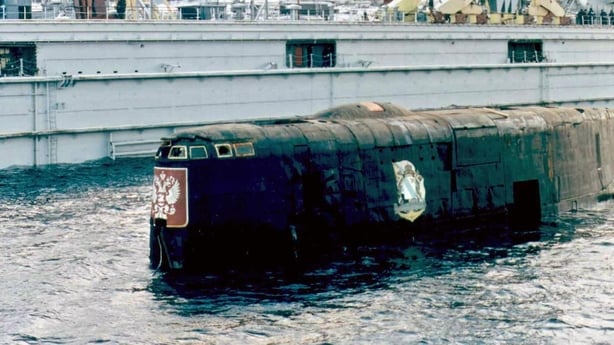
The first major crisis of his premiership was the sinking of the Kursk submarine in 2000 during a major Russian naval exercise in the Barents Sea.
The tragedy set the tone for some of the changes which Mr Putin would go on to cement during the next 20 years in power, from controlling the media narrative to hiding the scale of the disaster.
Two explosions happened within minutes, but it would be hours before the Russian navy confirmed the sinking.
Tortuous efforts to save those on board continued for days, amid criticism that the rescue operation was incompetent and slow. All 118 on board would die.
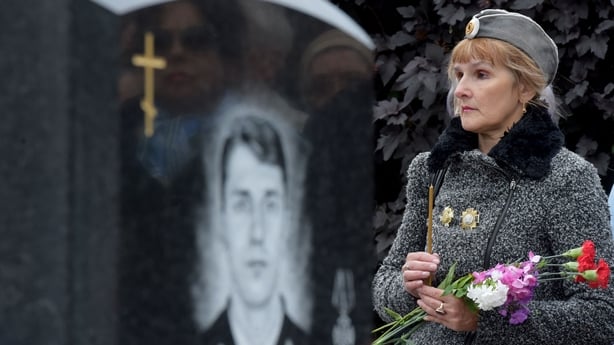
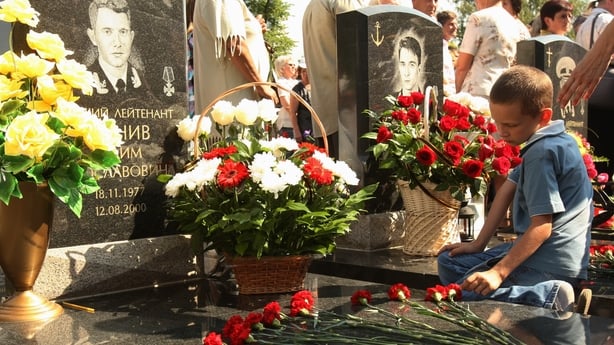
President Putin faced criticism for refusing help from other countries as the search went on for the submarine, and would later be accused of knowing that all on board had died while still publicly saying they might yet be saved.
He was also criticised for continuing his holiday on the Black Sea coast as the crisis unfolded, accused of failing to understand the gravity of the situation.
When Mr Putin did eventually visit Vidyayevo, the Kursk’s home port, he was faced with a torrent of anger from the relatives of those who had died.
The mothers and wives of those who died lost no time in telling Mr Putin what they thought of him, unleashing their ire on a leader who they believed had done too little, too late.
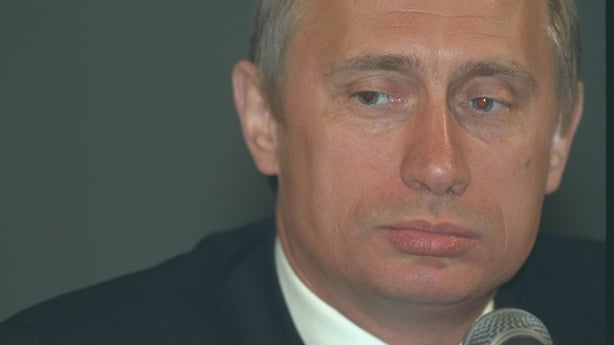
In a sign of just how different things were then, the anger of families was broadcast across Russia, with Mr Putin impassive in the face of raw grief and anger.
In what would have been an embarrassing encounter for any leader, Mr Putin offered his apologies. But he also looked to share the blame, turning on the tycoons who ran the television channels which had broadcast the exchanges.
One of those was Boris Berezovsky. The arc of the relationship between Mr Putin and Mr Berezovsky would become a familiar one for many of the Russian president’s critics over the next 20 years.
The media tycoon lost his television network when it was taken over by the Russian government the year after the Kursk disaster.
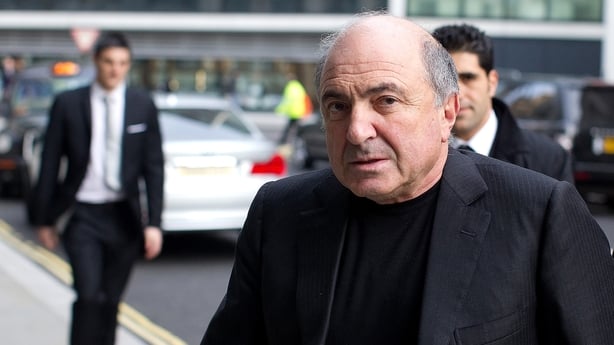
Locked in a bitter battle with the Russian president, Mr Berezovsky eventually fled Russia, seeking exile in the UK, where he became a strident critic of the Russian leader.
He would die in Berkshire in 2013, and while police said the evidence was consistent with him having taken his own life, there was intense speculation for many years afterwards that his death might have been suspicious.
The coroner would eventually return an open verdict on the death saying the burden of proof set such a high standard that it was impossible to say definitively if it was really suicide.
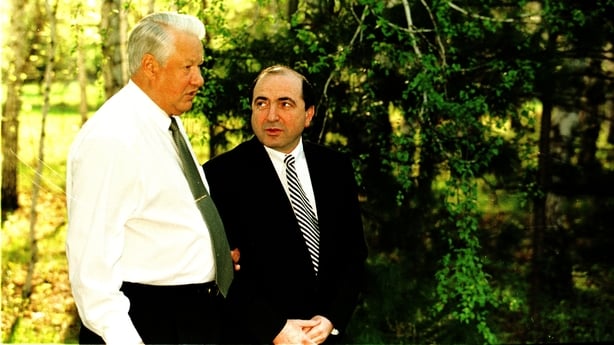
Those who criticised Mr Putin often took the same route as Mr Berezovsky, preferring exile to possible incarceration. But exile often led to death, some of which were viewed as suspicious.
Alexander Litvinenko, Nikolai Glushkov, Badri Patarkatsishvili and Alexander Perepilichny are among those Russian exiles who died in the UK while others like Sergei Skripal and his daughter Yulia survived but were thought by British intelligence services to have been targeted by the Kremlin.
For those oligarchs who stayed - and thrived - under Vladimir Putin, there is now a careful calibration to be made.
The isolationism set to sweep across Russia in the days ahead will heavily impact the wealth of Mr Putin’s supporters.
With the Russian leader reported to be increasingly paranoid and angry, some signs are already emerging that suggest those close to him are wary of the current course of events.
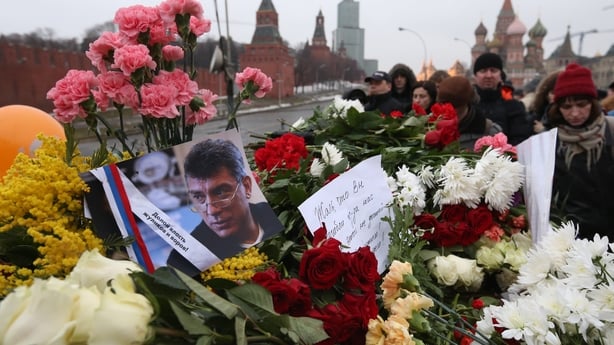
This weekend Anatoly Chubais, an oligarch who acts as a special Presidential Envoy for International Organisations, posted a picture on social media of Boris Nemtsov.
It was the seventh anniversary of the murder of Mr Nemtsov, Mr Putin's major political rival, as he walked home in the shadow of the Kremlin. Others have been even more direct.
Mikhail Fridman is a Ukrainian-born oligarch who this weekend called the war a tragedy for two nations who have been brothers for hundreds of years.
Calling for the bloodshed to end, Mr Fridman's comments suggest that not all of those around Mr Putin are convinced of the merits of his strategy. And they were echoed by another oligarch Oleg Deripaska who called for peace talks to begin as soon as possible.
But if they are saying the same things directly to Mr Putin, it seems for now at least he is not heeding their calls.




